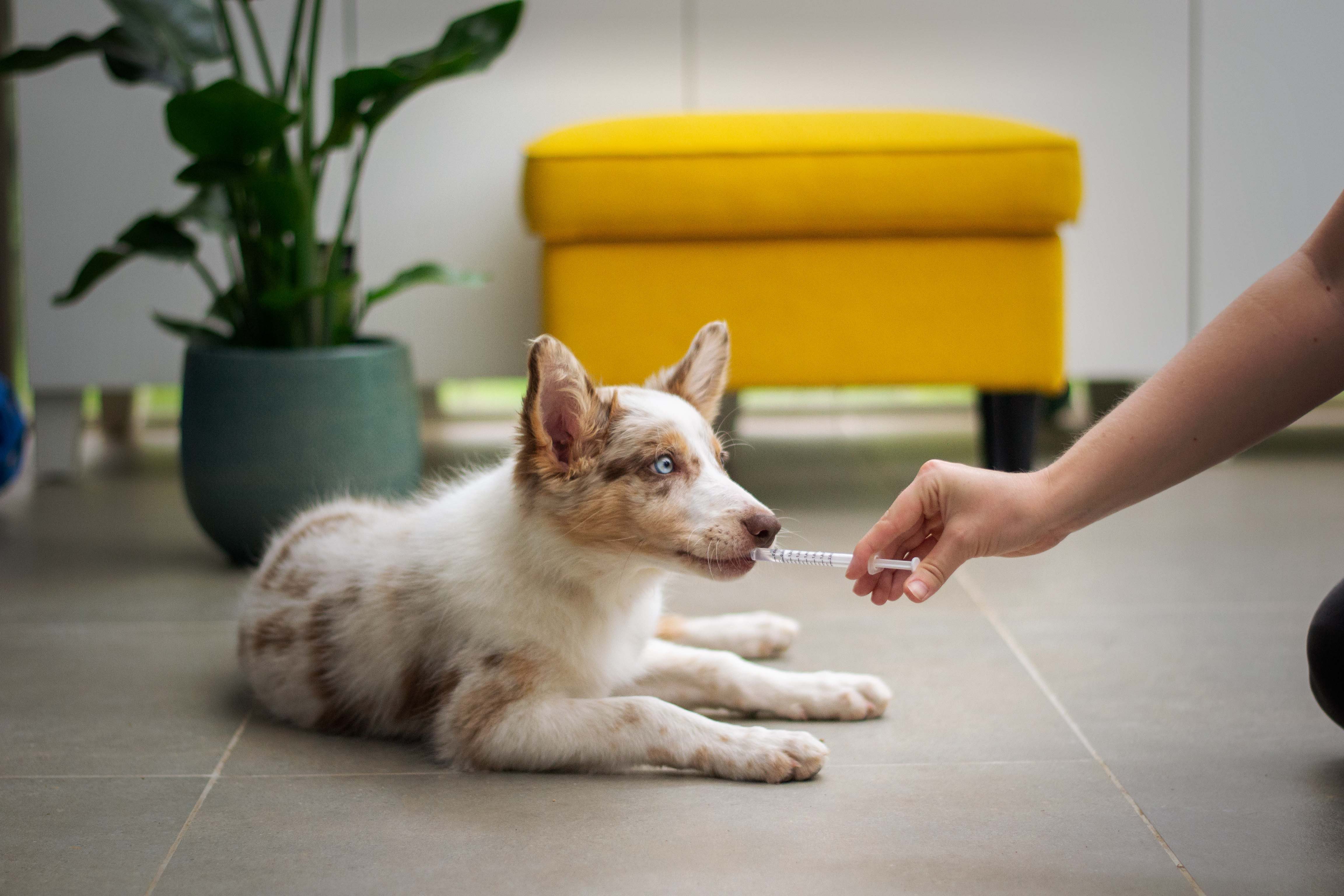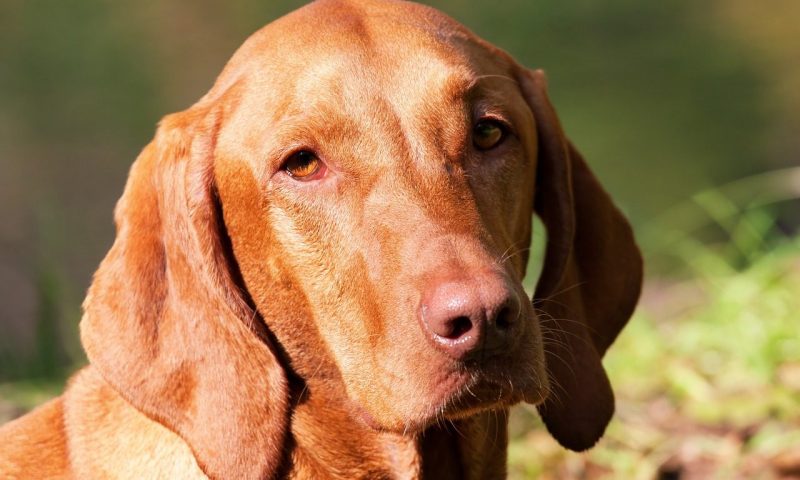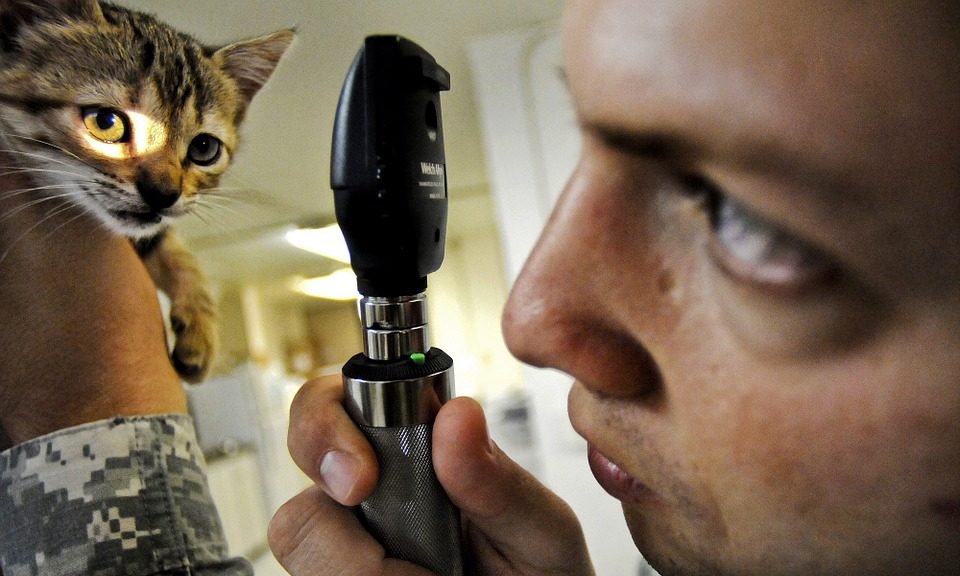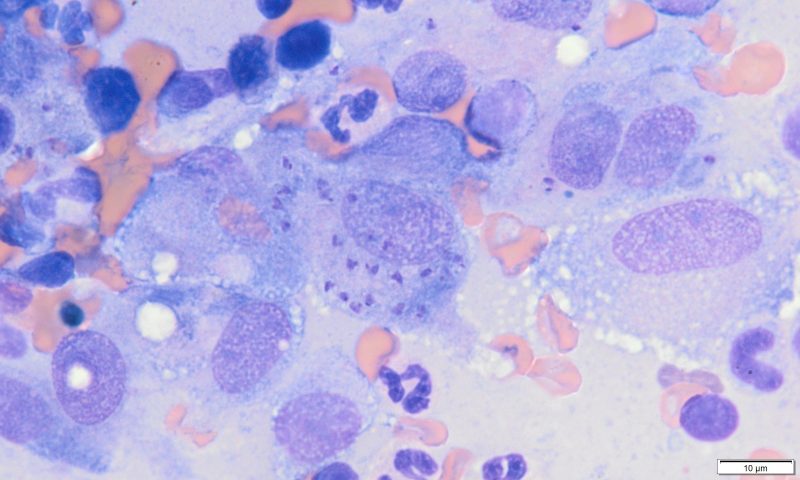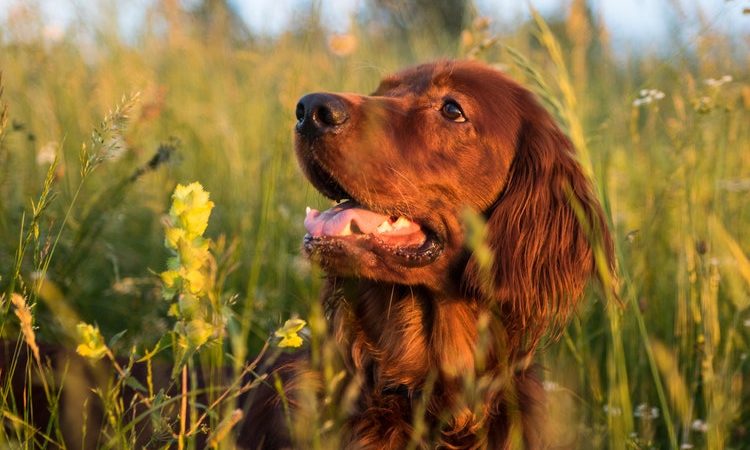RVC
This coverage focuses on the Royal Veterinary College (RVC) and its contributions to the UK petcare industry through education, research, and clinical services. Pet Gazette reports on RVC’s veterinary training programmes, scientific studies, partnerships with industry, and innovations in animal health and welfare. Our coverage provides pet trade professionals with insights into how the RVC’s expertise and research impact veterinary practice, pet health trends, and the broader petcare supply chain.
RVC
This coverage focuses on the Royal Veterinary College (RVC) and its contributions to the UK petcare industry through education, research, and clinical services. Pet Gazette reports on RVC’s veterinary training programmes, scientific studies, partnerships with industry, and innovations in animal health and welfare. Our coverage provides pet trade professionals with insights into how the RVC’s expertise and research impact veterinary practice, pet health trends, and the broader petcare supply chain.






